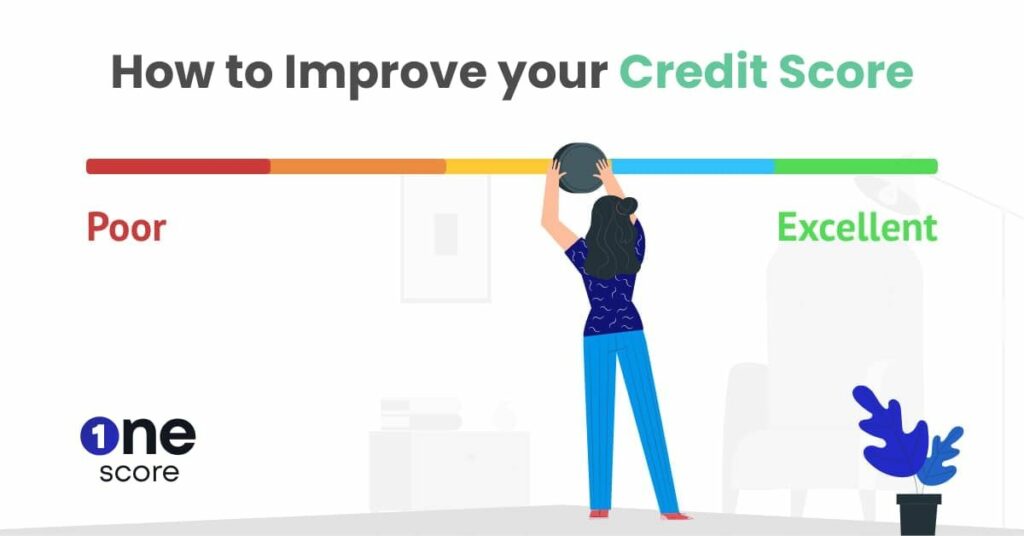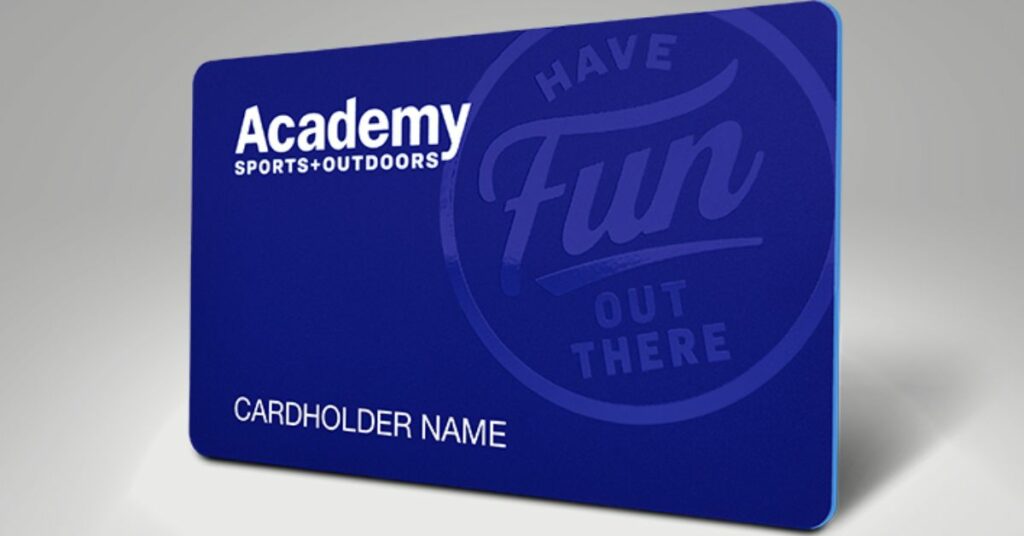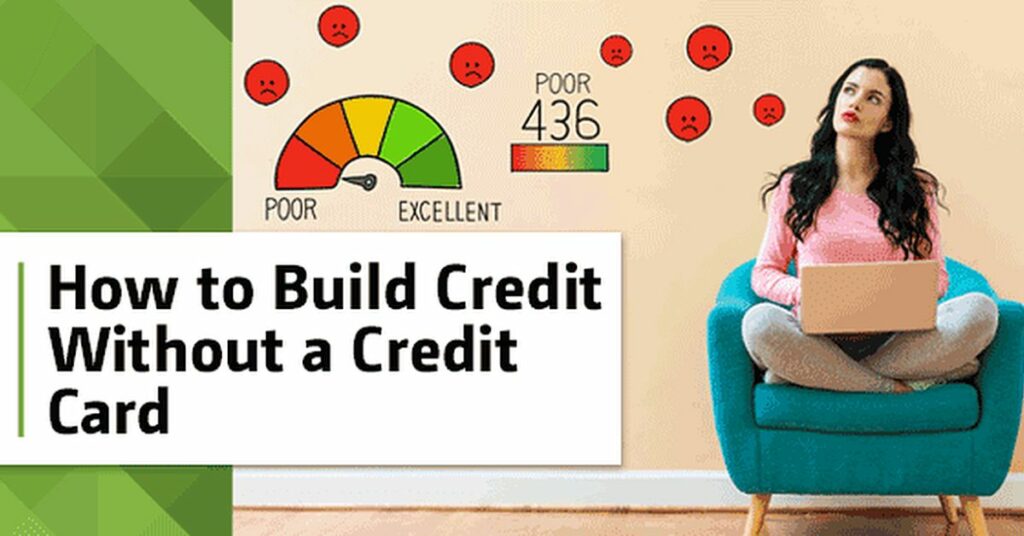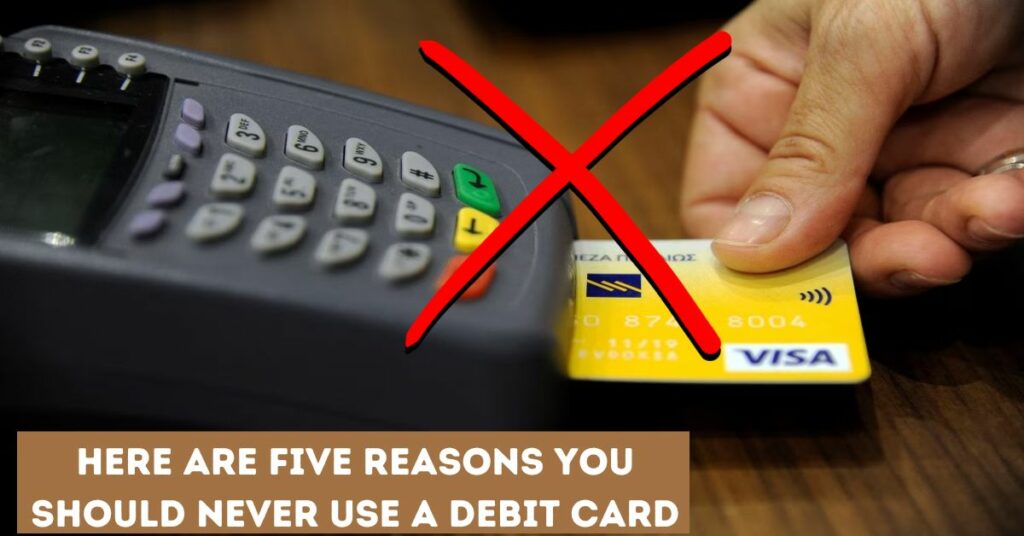A CPN is a nine-digit number organized in the same way as an SSN. Applying for credit with a credit privacy number is against the law and could be deemed identity theft. There are a variety of options available to you if you want to raise your credit score.
Note that not all credit repair services are honest or even operating within the law. One common method used by con artists to prey on those with bad credit is the credit privacy number (CPN) scam.
Just what is a CPN, then? Read on to find out more about credit privacy numbers and methods for avoiding fraud.
What is a Credit Privacy Number and What is It Used for?
Scammers will sometimes offer new customers a nine-digit credit privacy number (CPN) to use when applying for credit. Scammers will tell you that a “credit protection number” or “credit profile number” can be used in place of your Social Security number on a credit application while in fact this is not the case.
Are CPNs Legal?
It is against the law to submit a CPN with a credit application. The Privacy Act of 1974 makes it clear that individuals are not obligated to submit their SSN to creditors, yet some con artists will nevertheless erroneously claim that CPNs are legal by doing so.
The Social Security numbers (SSNs) of minors, the elderly, and the incarcerated are frequently stolen and used as CPNs. Someone who is incarcerated for an extended period of time may be a prime target for identity theft because the criminal knows the victim won’t be checking their credit.
We have provided links to further articles covering similar topics in the field of costly financial blunders:
- How to take your business to the next level with a talented CFO hire
- Biden financial aid: There’s “broad support” for 4 portions of stalled Build Back Better
Criminals can make use of nine-digit numbers that have not been issued as Social Security numbers to manufacture CPNs. Those who are detected using CPNs may face charges of identity theft and loan application fraud, which include potential prison terms and monetary fines.
Can a CPN Replace an SSN When Applying for Credit?
The difference between SSNs and CPNs is crucial. A Social Security number (SSN) is something the government gives you when you’re born, but a CPN is something con artists make up.
Some individuals mistakenly believe that CPNs and SSNs are equivalent since they both use the same format (XXX-XX-XXXX). When applying for credit, however, a CPN cannot be used in place of a Social Security number. This constitutes Social Security fraud and is a crime.
Other common misconceptions
Many assumptions have been made about CPNs, some of which are correct. In the following, we dispel some widespread misapprehensions.
Celebrities use CPNs for privacy: Some publications make an effort to justify the usage of CPNs by suggesting that famous people employ this method to conceal their real Social Security numbers.
CPNs can give those with bad credit a second chance: Scammers in the credit repair industry target people with poor credit scores and convince them to buy CPNs.
There are legitimate CPNs: As was previously established, CPNs are fraudulent, unregulated, and illegitimate businesses.
Verify the veracity of claims before implementing any credit improvement tactics to ensure you are doing so within the law.
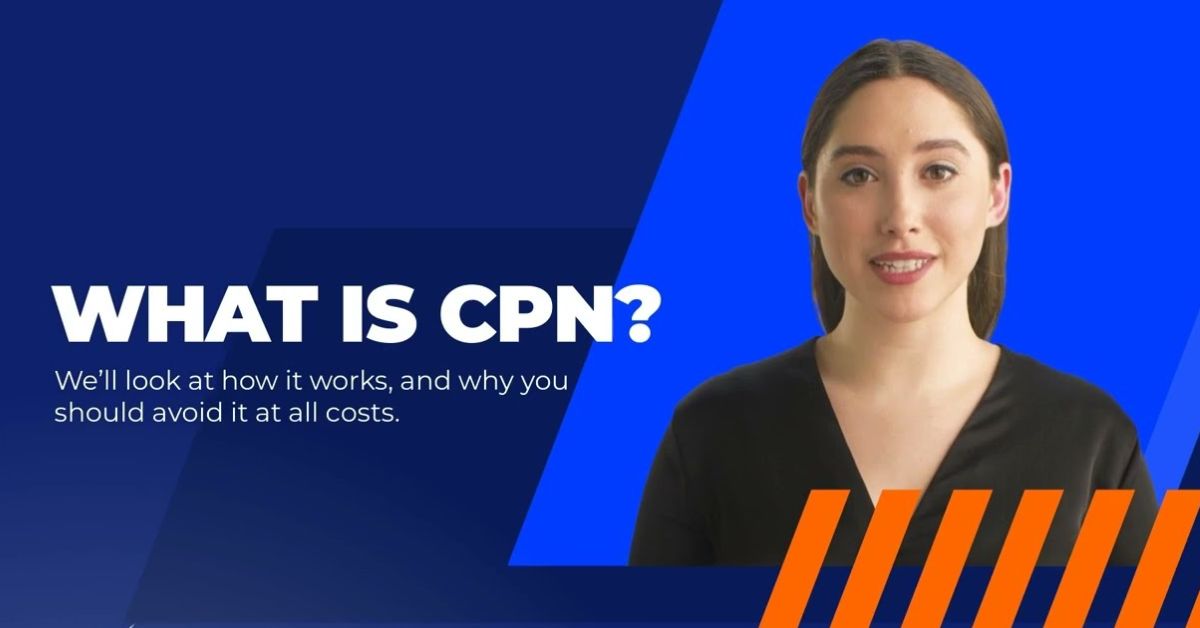
How to Identify a Credit Privacy Number Scam?
Credit repair companies can help you fix your credit, but watch out for CPN scams if you decide to hire one. Companies out to steal your money will present CPNs as a reliable means of raising your credit rating. How to Recognize a Scam:
They provide you with a new credit identity: Identity theft includes creating a new credit profile on someone else’s name. They direct you to lie on official paperwork. It’s probable a scam if a corporation asks you to lie on paperwork.
They claim CPNs can help improve your credit: Applying for credit with a CPN is against the law.
They promise to boost your credit score immediately: Credit repair can take as little as six months to show results, so promises of instant results should raise red flags.
By clicking on the links below, you may read more finance-related articles:
How are CPNs Different From SSNs, EINs and ITINs?
The government issues a variety of identification options for citizens. Here is a simple breakdown of what those figures mean:
Social Security number (SSN): identification number consisting of nine digits that is issued by the Social Security Administration
Employee Identification Number (EIN): A nine-digit code used by the IRS to identify a specific firm.
Individual Taxpayer Identification Number (ITIN): A nine-digit number issued by the IRS for tax reasons to persons who do not have a Social Security number
However, the government does not issue CPNs, and such documents do not formally exist. Since a CPN also has nine digits, the two can be easily mixed up. All of the above-mentioned numbers are provided by the government at no cost to the recipient. Obtaining a legal ID number should never cost money.
Is it Possible to Get a Fresh SSN?
To reset your credit score, you’ll need to do more than just apply for a new Social Security number. If you meet any of the following criteria, the Social Security Administration may issue you a new Social Security number:
- The confusion stems from the fact that family members have been given sequential numbers.
- Multiple individuals share a single phone number.
- Someone has stolen your identity.
- You’re in danger of physical harm, constant harassment, or both.
- Some numbers are taboo in your faith or culture.
You won’t be able to apply for a new Social Security number unless one of the exceptions listed above applies to you. If you change your SSN, the Social Security Administration will continue use the old one to determine your credit history, so your score won’t change.
How Should I Report a CPN Scam?
The Social Security Administration should be notified of any suspected CPN fraud. The FBI and local law enforcement should be notified if you suspect a CPN fraud.
Below, we have provided links to further articles that discuss common money blunders:
- 5 Steps to Planning for Retirement in 2023: An Overview and How-to Guide
- How to Get Late Payments off My Credit Report?
Other Methods to Raise Your Credit Rating
There are legal alternatives to CPNs that might help you build or repair your credit. Attempt one of these examples:
Pay your bills on time: Paying your bills on time and in full is the quickest and easiest approach to raise your credit score. If you want to simplify things, try setting up automatic payments.
Decrease your credit utilization ratio: Reduce your credit usage ratio (30% of your total score) by paying off your bills or increasing your credit limit.
Partner with a credit repair company: A credit repair service can help you improve your credit score by disputing erroneous negative items on your report.
If you want better credit, you don’t have to break the law to get it. Using tried and true methods, credit restoration services can put you on the path to financial success.
When you click the “Like” button on our Facebook page, you give us permission to send you updates via Facebook Messenger.

